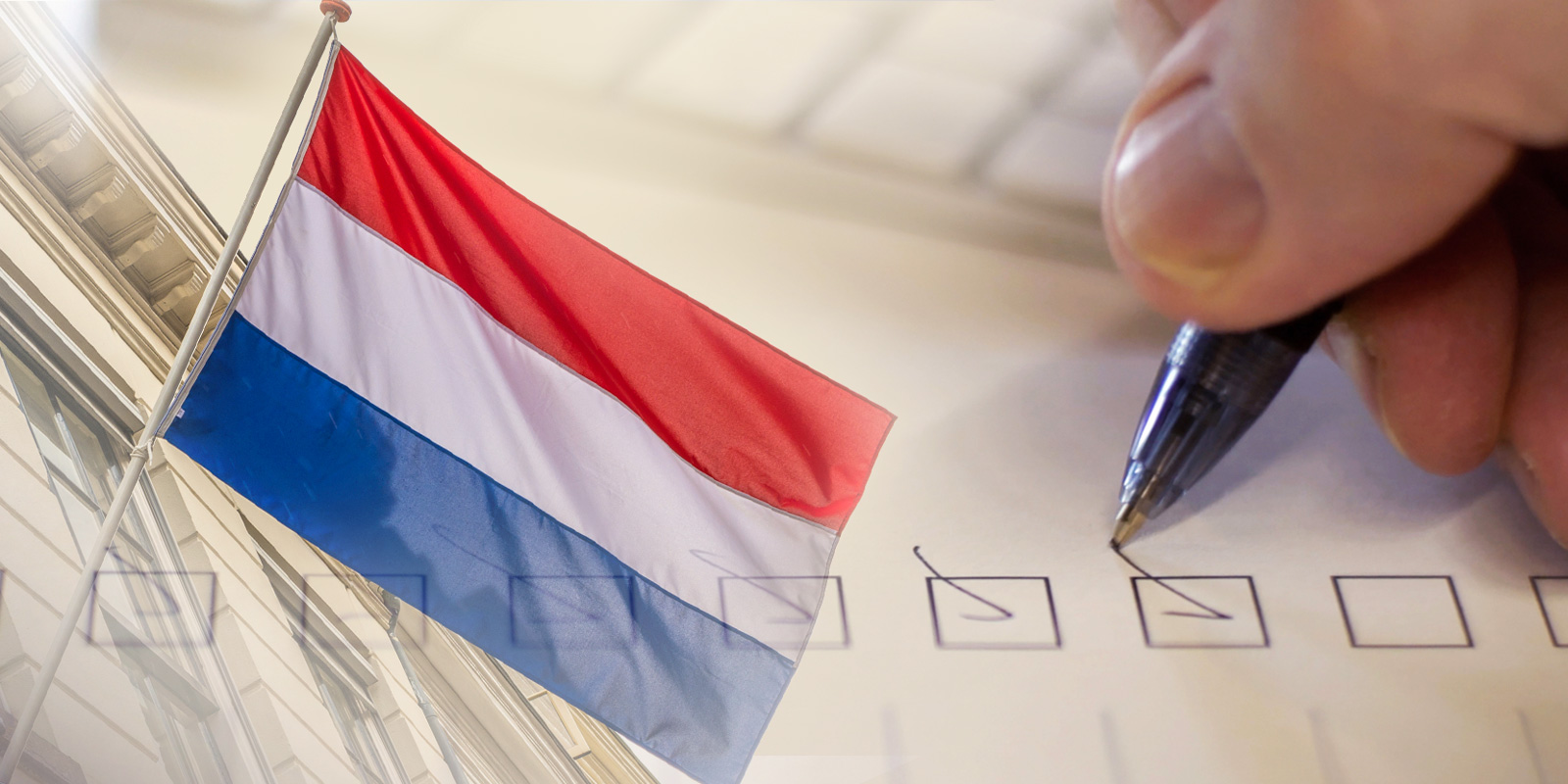
Dutch Public Prosecution Office Publishes Rules on Self-Disclosure, Cooperation and Self-Investigation
The Dutch Public Prosecution Office ("DPPO") has introduced a new policy (aanwijzing), effective 1 January 2025, outlining conditions and fine reductions for self-disclosure, cooperation and self-investigation in corporate criminal investigations.
On 22 November 2024, the DPPO issued its "Policy on Self-Disclosure, Cooperation and Self-Investigation" (the "Policy"). The Policy provides a long-awaited framework on whether and when self-disclosure and cooperation in criminal investigations can result in a reduction of fines. The Policy aims to encourage transparency and accountability by offering incentives for proactive engagement. Entities that voluntarily, comprehensively and timely disclose potential criminal offenses and fully cooperate in criminal investigations may be eligible for a reduction in fines of up to a total of 50%. The Policy will take effect on 1 January 2025.
The Policy offers the potential for two distinct fine reductions of up to 25% each. Self-disclosure can lead to a fine reduction of up to 25% if it "significantly" aids the criminal investigation. This reduction may be applied if a legal entity voluntarily and timely reports criminal offenses, and fully discloses relevant information (including information about individuals). Cooperation in the criminal investigation, including facilitating access to internal records, making witnesses available and avoiding any tampering with the investigation process, may qualify for an additional fine reduction of up to 25%. Specific reductions are determined based on the extent of compliance with the Policy. Fine reductions resulting from self-disclosure and/or cooperation in the criminal investigation would not impact disgorgement of unlawfully obtained profits and other financial measures, which can still be claimed in full.
While the DPPO does not offer a separate discount for self-investigations, it can take self-investigations into account when determining the above fine reductions. In order to positively influence a fine amount, the self-investigation must meet certain criteria, including that it must be objective, thorough and compliant with legal standards, with clear documentation provided to the DPPO.
The Policy provides that "justified claims to" legal privilege will be respected throughout the process, and such privileged information does not need be disclosed to the DPPO. At the same time, the Policy emphasizes that if a self-investigation is carried out under legal privilege and this leads to a privilege claim with regard to information that is relevant to the criminal investigation, this may mean that the disclosed information proves to be too limited to justify the conclusion that the entity fully self-reported and/or cooperated with the criminal investigation.
Finally, the Policy provides that companies may request (even on an anonymous basis through counsel) preliminary consultations with the DPPO to clarify their eligibility under the Policy.
In summary, while the Policy aims to provide a welcome framework for self-disclosures and cooperation, there are several open aspects as to the practical application of the Policy. Companies should continue to carefully evaluate matters of potential self-reporting and cooperation in the Netherlands.




